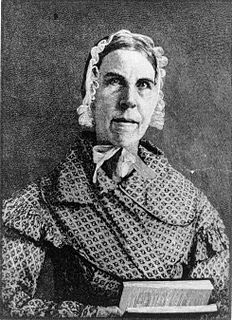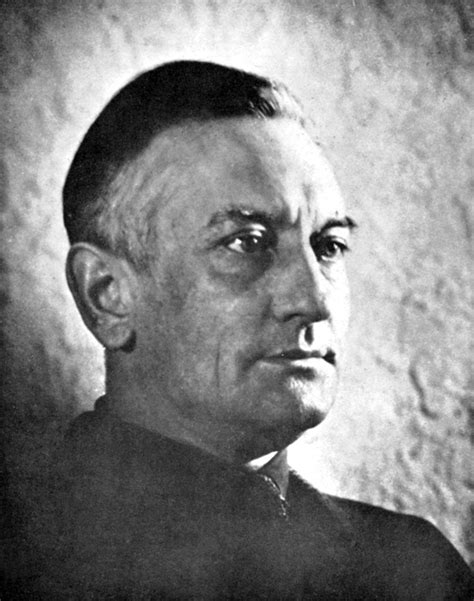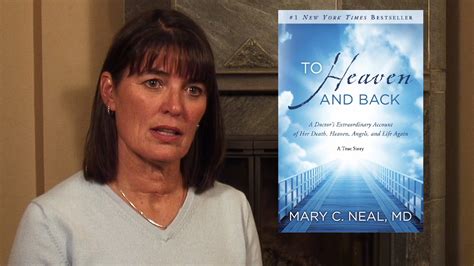A Quote by Frank Moore Cross
Happily, I come out of a Calvinist tradition in which the Hebrew Bible carries as much authority as the New Testament. No different weight is given to one or the other.
Related Quotes
If we compare the present state of the New Testament text with that of any other ancient writing, we must... declare it to be marvelously correct. Such has been the care with which the New Testament has been copied - a care which has doubtless grown out of true reverence for its holy words.... The New Testament is unrivaled among ancient writings in the purity of its test as actually transmitted and kept in use.
[On the New Testament:] I ... must enter my protest against the false translation of some passages by the men who did that work, and against the perverted interpretation by the men who undertook to write commentaries thereon. I am inclined to think, when we [women] are admitted to the honor of studying Greek and Hebrew, we shall produce some various readings of the Bible a little different from those we now have.
There are certain concepts, which exist in English, and are unthinkable, untranslatable into Hebrew and vice versa. Hebrew has a system of tenses, which is, in a big way, different from the English system of tenses, probably different than any European system of tenses, which means a different sense of reality, which means a different concept of time. So, things can be translated, but they become different.
There are dozens of writings outside of the Bible that verify the historical accuracy of many of the names of people, places, and events mentioned in the Bible. In fact, external sources verify that at least eighty persons mentioned in the Bible were actual historical figures. Fifty people from the Old Testament, and thirty people from the New Testament.
In case any are puzzled by the different translations from which I draw strength and help and delight, it is like this: In studying any object with the microscope we use different lenses and turn the mirror in various ways; each change brings out some new wonder and beauty. So it is for those who are not Greek or Hebrew scholars, and who use the work of scholars to open the meaning of the exhaustible Word-the Bible is richer than any single version can fully show.





























